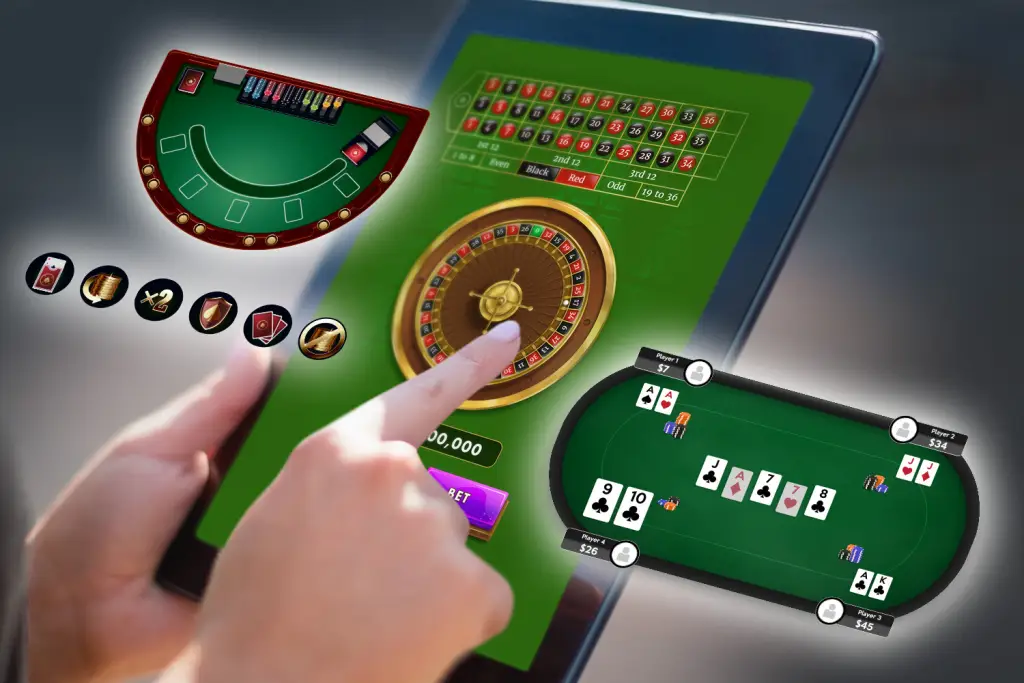The online gambling market continues to grow by tens of percent annually. New platforms are emerging with regularity, but not all of them meet the basic requirements of security and fairness. Ignoring the rules for choosing an online casino often leads to losses, disputes with support, and difficulties in withdrawing winnings. To avoid mistakes, it is important to understand the details and use proven algorithms for evaluating platforms.
Basic rules for choosing an online casino
A smart decision begins with a consistent review of key criteria. Meeting these requirements minimizes the risk of encountering fraud and increases the chances of a safe game.
License verification: a key security marker
A license is the main indicator of a site’s legality and reliability. Regulators such as the Malta Gaming Authority (MGA), the United Kingdom Gambling Commission (UKGC), Curacao eGaming, the Kahnawake Gaming Commission, and the Gibraltar Gambling Commissioner issue licenses that are recognized worldwide.
Checking an online casino’s license involves verifying the validity of the document, checking the registration number on the regulator’s website, and analyzing the domain. A reliable website uses the secure HTTPS protocol and displays registration details in the footer. Making an informed decision begins with analyzing the license.
Online Casino Reviews on Forums: Real Player Experiences
Ratings compiled by aggregators often contain promotional ratings. Reviews of online casinos on forums provide an honest picture. Players report problems with withdrawals, hidden limits, and the quality of support. Important signals include regular delays in payouts, unjustified blockages, and a lack of communication with technical support.

Reliable platforms receive positive ratings for the stability of payouts and the correct operation of software in reviews. Following the rules for choosing an online casino requires analyzing its reputation on independent resources.
Checking the random number generator: ensuring fair play
The random number generator (RNG) determines the outcome of gaming sessions. Honest platforms use certified software with independent RNG verification. Organizations such as eCOGRA, iTech Labs, and GLI test the algorithms and confirm their unpredictability.
How can you verify the RNG of slot machines? You can check the availability of certificates listed on the casino’s website and request the audit results. It is essential to follow the rules for selecting an online casino and verify the RNG’s integrity.
Analyzing the terms of bonuses and wagers
Casino bonuses often mask inflated wagering requirements. An important criterion is the size of the wager.
Example: a 100% bonus with a x40 wager requires bets that exceed the deposit by a factor of 40. Loyal sites set the wager at x20-x30. Violations often manifest themselves in dishonest bonus programs with veiled conditions.
Assessment of withdrawal limits
Withdrawal limits determine the availability of winnings. The best platforms set daily limits of 5,000 USD and weekly limits of 15,000 USD. Platforms with minimal limits restrict the freedom to manage winnings. Compliance with the rules for choosing an online casino requires checking the limits during the registration process.
A variety of payment systems
A high-quality platform supports popular payment systems: Visa, Mastercard, Skrill, Neteller, and cryptocurrencies. Support for local payment solutions enhances convenience.

The limit on depositing and withdrawing funds, the time for crediting, and the commission are important parameters. The choice requires an assessment of the payment infrastructure.
Online Casino Verification Conditions and Withdrawal Speed
Verification confirms the identity and protects the account from fraud. The process usually includes uploading a passport, confirming the address, and verifying the payment system.
The best platforms complete the verification within 24-72 hours. Withdrawing funds from an online casino after verification takes anywhere from a few minutes to three business days. The violation manifests itself in excessive bureaucracy or delayed payments.
Criteria for choosing an online casino: software, mobile app, and rating
A reliable online casino uses licensed software from NetEnt, Microgaming, Evolution Gaming, and Pragmatic Play. The platform offers a high-quality mobile app with full functionality and fast loading. The casino’s rating in independent sources reflects its overall reputation. Following the rules for choosing an online casino requires analyzing its technical base and user experience.
How to identify a fraudulent casino
 Online gambling fraud manifests itself in specific ways. Ignoring the rules often leads to encounters with unscrupulous operators.
Online gambling fraud manifests itself in specific ways. Ignoring the rules often leads to encounters with unscrupulous operators.
Suspiciously fast bonuses and hidden wagerers
Fraudulent sites attract players with inflated bonuses without specifying the actual conditions. Often, the wager is hidden or changed after activation. A reliable online casino always publishes the full terms of the bonus program.
Payment delays and account blockages
Long delays in withdrawals, unreasonable verification requirements, and sudden changes in limits are key signs of fraud. Platforms that ignore these requirements regularly resort to such schemes.
Lack of license and domain opacity
Fraudulent casinos do not provide information about their license, hide their regulator, and use questionable domains. Reliable platforms openly disclose information about their certification, license, and regulator.
Unavailable support and broken contacts
The best online casinos offer prompt support. Scammers do not respond to requests, provide non-existent phone numbers, or disable chat.
By following the rules for choosing an online casino, you can identify scammers before registering.
Mandatory steps for site verification
A thorough evaluation of each online platform is the key to safe gaming and fair payouts. Ignoring the steps increases the risk of encountering a fraudulent website.
The steps of casino verification:
- Examine the license, check the number, check the regulator’s website.
- Check the reviews of online casinos on forums, pay attention to complaints.
- Check the RNG, request certificates from independent laboratories.
- Analyze the casino bonuses: size, wager, limit, validity period.
- Evaluate the withdrawal limits and available payment systems.
- Check the withdrawal terms and verification conditions.
- Examine the software range, make sure there is a mobile app.
- Evaluate the rating of the online institution in independent sources.
Following the rules for choosing an online casino requires careful consideration of each evaluation step.
Rules for Choosing an Online Casino: Conclusions
 A competent approach to choosing a platform requires a comprehensive check of the license, reviews, bonus conditions, withdrawal limits, and payment system. Following the rules for choosing an online casino minimizes the risk of encountering fraud and enhances the gaming experience. The optimal strategy is to follow a clear algorithm and pay attention to details.
A competent approach to choosing a platform requires a comprehensive check of the license, reviews, bonus conditions, withdrawal limits, and payment system. Following the rules for choosing an online casino minimizes the risk of encountering fraud and enhances the gaming experience. The optimal strategy is to follow a clear algorithm and pay attention to details.
 en
en  de
de  ar
ar  es
es  hi
hi  fr
fr  nl
nl  it
it  pt
pt  el
el 









